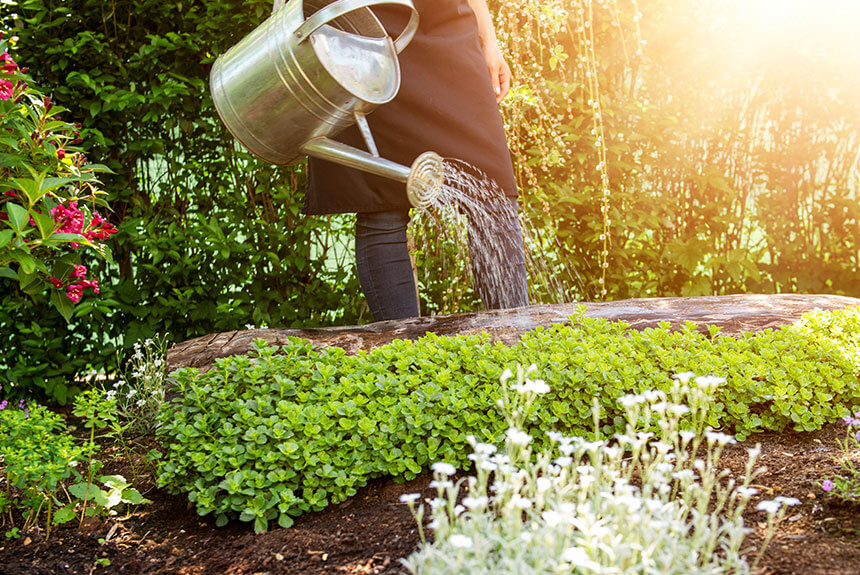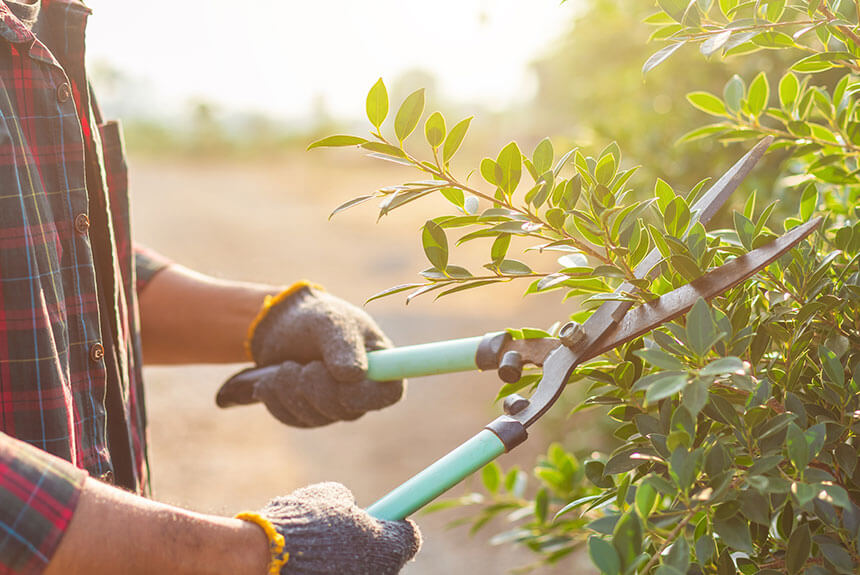The big event is coming!!! The big event is coming! What big event am I talking about? SPRING. The word most people have been talking about and waiting for since Winter took over December 21st, 2021. After being brutalized by cold temperatures, lots of snow and record-breaking ice storms, Spring is a welcome relief to all of us.
The thought of warmer, bearable temperatures along with being able to once again have a life outside of your home, brings joy to most people. The thought of returning your outdoor furniture to their spring/summer homes brings smiles to our faces. The thought of beautiful outdoor flowers and starting up your gardens once again are like no other thoughts. It’s just a darn good feeling.

All winter you may have been planning your garden. The time for working your garden is finally here! Here are some tips to follow:
- Apply compost to the soil. Ask us at the Marshall County Co-op about what we recommend.
- Plant summer bulbs. You can get these at the Co-op.
- Plant peas. (Later in March) Yup. See the Co-op.
- Deadhead early bloomers. Deadheading is simply removing the dead flower heads from your plants. Not only does the process clean up a plant’s appearance, but it also controls the spread of seeds and encourages your flowers and plants to continue to grow thicker and fuller than before.
- Practice slug control. Do this now because when the frosts subside, and temperatures regularly rise above 10 degrees, it’s already too late. It’s best to start when there is still a hard frost because snails and their eggs are relatively resistant to cold weather
- Hang maggot traps to protect your apple trees.
- Prune rose bushes and fertilize them.

More Things To Do
- Start Veggies from Seed. And we all know the Marshall County Co-op has a huge variety of seeds. Stop in and ask one of our staff members if you have questions.
- Lettuce, spinach, radishes, peas, and other cool season crops can be sown directly in the garden in March. Cover the plants if an unexpected cold snap threatens.
- Tip: Sow radishes, spinach, beans, and peas in wide rows instead of single file. You’ll get more produce per square inch if you scatter seed in a 6- to 10-inch-wide band.
- Plant Berries in March Gardens
Strawberries and raspberries prefer an early spring start in your garden. Both can be grown in garden beds or containers. They require well-drained soil and a sunny spot that receives at least 6 to 8 hours of sunshine a day.
Tip: Strawberries and raspberries are available in Everbearing and June-bearing varieties. Everbearers produce small amounts of fruit all summer long while June-bearers develop one large crop in early summer. Plant both types to gain the maximum amount of fruit over a longer period of time. - Dig and Divide Perennials in March Gardens
Perennials such as hosta, chrysanthemum, and daylily can be dug and divided as soon as they break dormancy. Use a sharp spade to dig and lift the clumps and break them into smaller sections with a large garden knife. Replant the divisions as soon as possible.
Tip: Some perennials prefer being divided in the late summer instead of early spring. These include peony, lily, Oriental poppy, and bearded iris. - Feed Camellias and Azaleas
Fertilize camellias and azaleas after they finish flowering. Use a commercial camellia/azalea granular fertilizer sprinkled around the base of the plants. Be sure to read the label for application rates, or ask us at the Co-op. Feed monthly through August for best growth and flowering.
Tip: In the fall and winter, use a 6-24-24 fertilizer to help build next spring’s flower production. That mixture of nitrogen, phosphate, and potassium will also increase your plants’ ability to tolerate cold weather. - Clear Flower Beds
Rake leaves and mulch away from garden beds to allow the foliage of spring-flowering bulbs and perennials to poke through. During the winter, leaves can pack down, forming an impenetrable barrier to new growth. Plus, when you pull back the mulch, the soil will warm faster because it’s exposed to the sun.
Tip: Use a plastic leaf rake when you remove mulch. Metal garden rakes with sharp tongs can rip tender foliage from emerging plants.
We love spring and we love gardening at the Marshall County Co-op. When you come to the Co-op you can be assured that we can help you with all your gardening needs and we offer expertise and tips on how to make your garden be the very best. Try to find that in some of the big box stores. We are proud of our employees and all their knowledge!
Happy Gardening!
“Spring will come and so will happiness. Hold on. Life will get warmer.”
Anita Krizzan


Leave a Reply